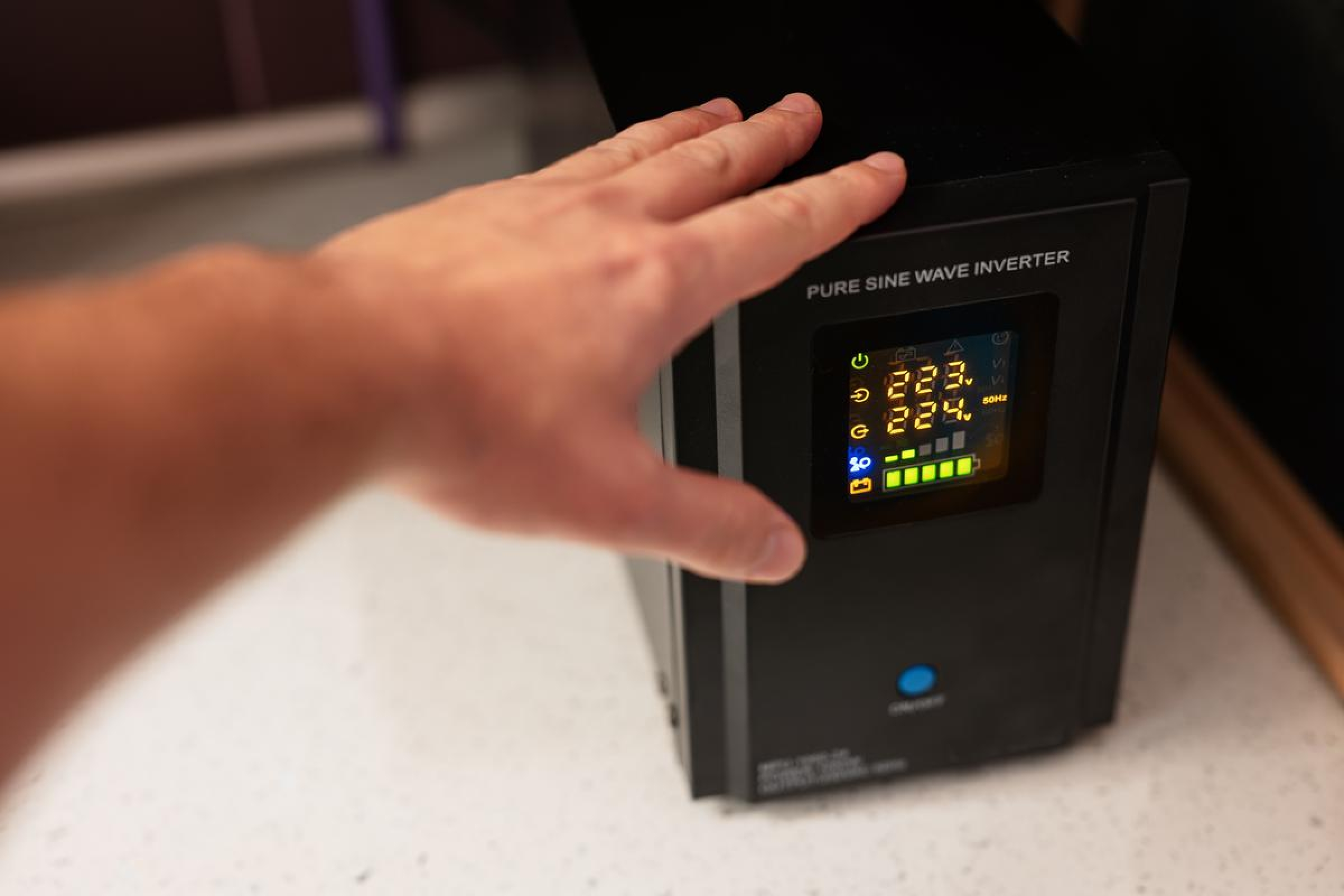Lead Acid vs Lithium Batteries for UPS: Pros and Cons
Table of Contents
ToggleLead Acid vs. Lithium Batteries for UPS: Which is Right for You?
Uninterruptible Power Supply (UPS) units are a vital lifeline for critical equipment and data during power outages. The choice of battery within your UPS can significantly impact its performance and reliability. In this blog post, we’ll dive into the essential considerations when selecting between traditional lead acid batteries and the more advanced lithium batteries for your UPS.

Lead Acid Batteries: Traditional Reliability
Pros:
1. Cost-effective: If you’re looking for an affordable option, lead acid batteries are your go-to choice. They’re the most budget-friendly selection for UPS units.
Cons:
1. Heavy: Lead acid batteries are substantially heavier than their lithium counterparts, making them cumbersome to handle during installation and maintenance.
2. Maintenance: They demand regular upkeep to ensure their longevity and reliable performance.
3. Shorter Lifespan: Typically, lead acid batteries offer a service life of three to five years, but frequent power outages can wear them out faster. They are not meant to be fully drained.
4. Slow Recharge Time: Recharging lead acid batteries can take hours, which can be problematic during power fluctuations and frequent outages.
Lithium Batteries: Cutting-Edge Technology
Pros:
1. Lightweight: Lithium batteries are significantly lighter than lead acid batteries, making them easier to work with and install.
2. Longer Lifespan: They boast a longer lifespan, often lasting up to 10 years. Lithium batteries are designed to be completely drained without affecting their performance.
3. Efficiency: Lithium batteries are more efficient, providing a higher level of power stability during outages.
4. Fast Recharge: They can be fully recharged in just two hours, which is significantly faster than lead acid batteries.
Cons:
1. Cost: While lithium batteries have a higher upfront cost compared to lead acid batteries, their extended lifespan and efficiency can make them a cost-effective choice in the long run.
Conclusion: Powering Your Decision
The choice between lead acid and lithium batteries for your UPS ultimately depends on your budget and specific needs.
If budget allows, lithium batteries are the recommended choice. Their numerous advantages, including a longer lifespan, lightweight design, efficiency, and fast recharge times, make them the top pick for UPS applications. You’ll experience enhanced reliability and peace of mind with lithium batteries.
However, lead acid batteries may still be a suitable option for those with budget constraints. Though they come with downsides like weight, maintenance, and a shorter lifespan, they offer a cost-effective solution for basic UPS requirements.
It’s essential to keep in mind that battery technology is constantly evolving, and new options may emerge in the future, such as salt batteries. But as of now, lithium batteries stand as the preferred choice for UPS applications. They represent a leap forward in performance and reliability, ensuring your critical systems remain protected during power interruptions.
When choosing your UPS battery, consider the long-term benefits and reliability that lithium batteries bring to the table, making them a wise investment for businesses and individuals who rely on uninterrupted power. Upgrade your UPS unit today and experience the future of power protection with lithium batteries.w

